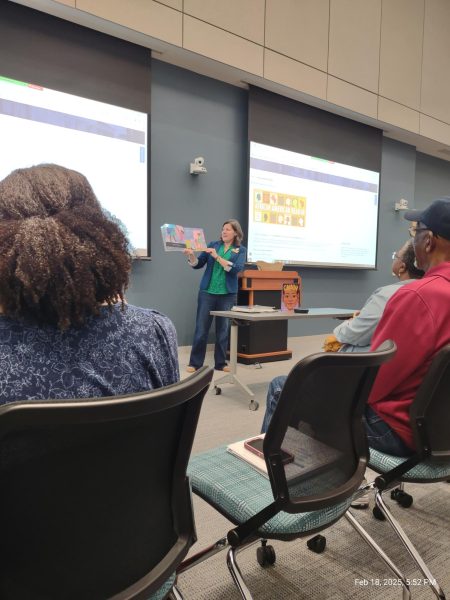Keeping New Year resolutions for college students
At the beginning of a new year, everyone wants to make resolutions. The “beginning” of the year is a great time to plan for new beginnings in personal, financial, social and physical aspects of life. It is an obvious starting point, and many people view the end of the year as a good endpoint to gauge their success as well. However, many people set goals for the new year and never make it to the end. Being a college student and trying to make resolutions can be equally as challenging because school presents a routine that can be difficult to change.
According to a Reader’s Digest article, “15 Most Popular New Year’s Resolutions and How to Keep Them,” some of the most popular new year resolutions are losing weight, spending less money, getting more sleep, quitting smoking and being more organized. Many articles, such as the Reader’s Digest article, focus on how to tackle these, but for students, it may be more difficult because of limited mobility in the area or limited funds, so how can UNCW students keep their 2019 goals? What is available to them specifically to get the ball rolling? Here are some tips on setting and keeping goals in different aspects of college life for 2019:
Losing Weight/Working Out More:
This can be a tough one to tackle. It is difficult to know where to start, but it is so important to be safe and healthy when learning about improving physical form. Luckily, UNCW has one of the best gyms in the state. It offers many workout classes, and trainers are available, but it is at a cost to the student. Consultations for students with Health Promotion through the Student Health Center, including the topics of nutrition, body image, weight gain or weight loss, are offered for free to students. UNCW Health Promotion is found in the Recreation Center in room 104, and appointments can be made by students.
Being more organized:
A lot of different things fall into this category of new year resolutions. Maybe, for some students, being organized means getting more assignments in on time or never forgetting another club meeting. A great way to be more organized is to set up a system starting with planning a schedule. Students do not necessarily have to use a planner for this, sometimes a calendar or other methods work just as well. Being mindful about what a normal day looks like in college as a student is a good start. Thinking about how much time is needed for assignments and classwork goes in the schedule first. Then, add in extras to the overall schedule, such as club meetings, sports games or volunteering.
Quitting Smoking:
Everyone knows that there are so many reasons to stop smoking this new year. According to WebMD, even after 20 minutes of not smoking, your blood pressure and heart rate drop back to their normal rates. After one year of quitting, your risk of a heart attack dramatically decreases and your chances of getting colds decrease as well. There are so many aids for quitting smoking on the UNCW campus. A great one is Crossroads in the Recreation Center in room 104. The center can provide students with extra information on quitting through an appointment. It will even provide students with a “Quit Kit” to make the process easier.
Getting More Sleep:
Many of these resolutions can affect each other, and getting sleep is the most confounded of these. UNCW released an instruction sheet through the Student Health Center saying that sleep can be better for students when they stop smoking, exercise more and have a better grasp of their schedule. Other variables that this pamphlet gave were to cut out stimulants, such as caffeine and alcohol, four to six hours before sleeping respectively. Also, another word of advice given was to create a peaceful environment for sleeping.
Spending Less Money:
Some good ways to spend less money are to cut back on “unnecessary spending.” For a college student, this might mean waiting to go to Lumina to watch a movie rather than seeing it in the movie theaters off-campus or eating at home instead of eating at many off-campus restaurants in the area. Another good option for watching money habits is allowing a certain amount of spending to certain areas of life. For example, only allowing 20 dollars for off-campus purchases for the month instead of 40 dollars can add up after six months of being in school.












